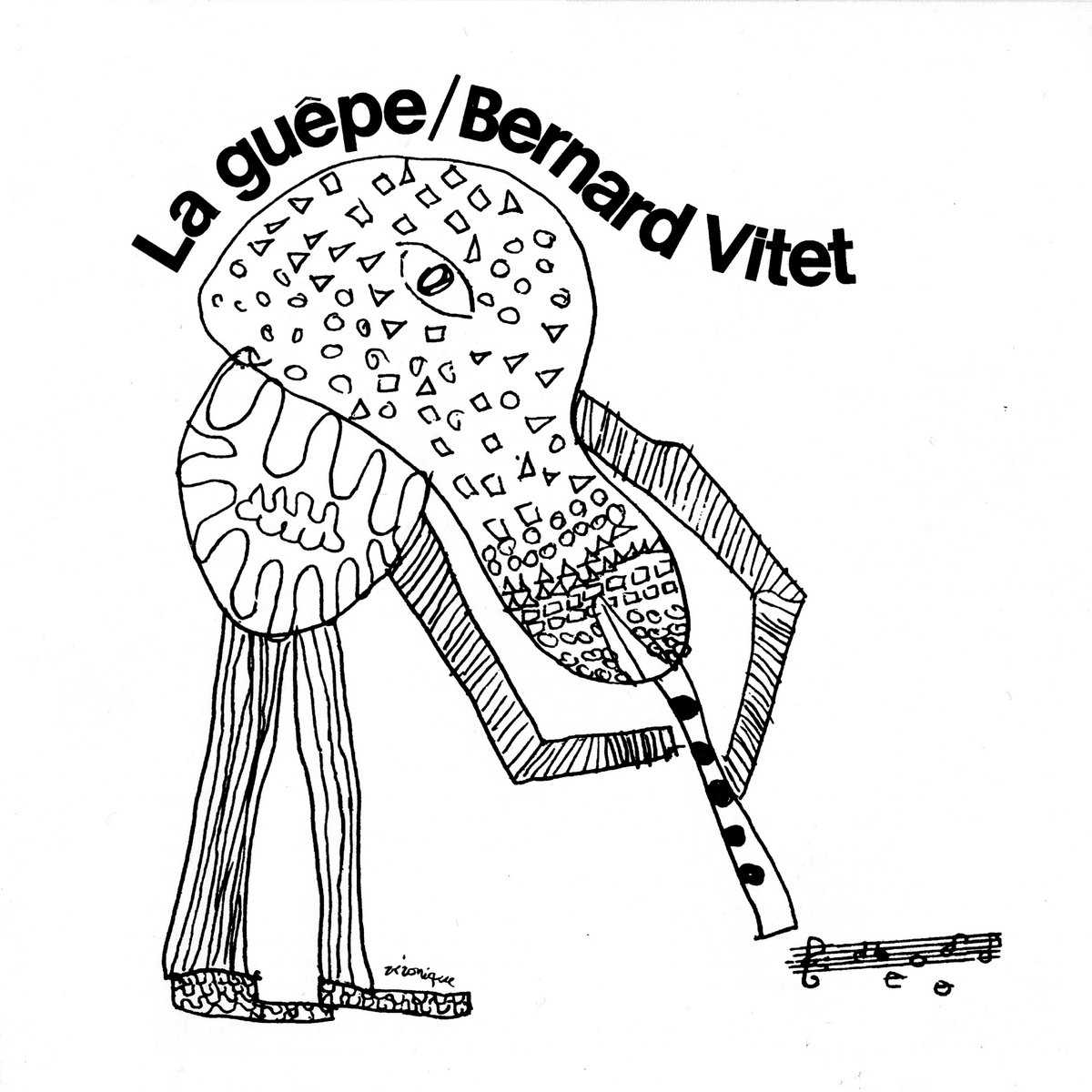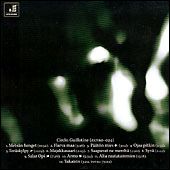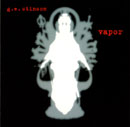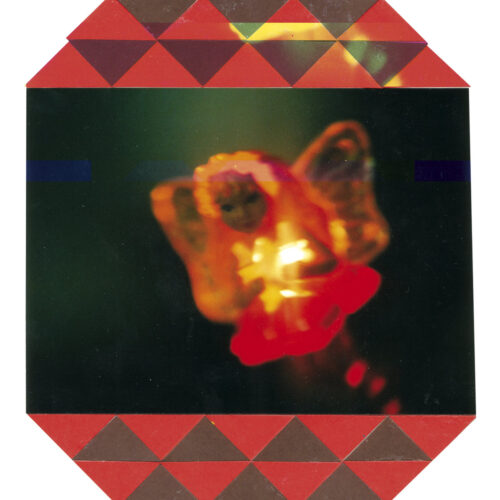Description
[EN] One evening in 1976, on St. Jacques Street in Paris, in a venue with a name that slipped away, dedicated to singular music, an upset spectator disrupts the concert of Opération Rhino (a variable ensemble – where you could encounter the likes of Jac Berrocal, Raymond Boni, or Mino Cinelu – created for the celebration of Politique Hebdo). Bernard Vitet says, “we are fragile after all,” gently encouraging the resigning musicians to pick up their instruments again. This sentence encapsulates the entire story. This unique trumpeter, discovered by the younger generation during the “Chateauvallon 72” performance with the Michel Portal Unit, where Vitet was one of the insightful enthusiasts. Others had known him since the 1950s, when he liberated his influence from Miles Davis alongside the crème de la crème of American avant-garde jazz: Don Byas, Johnny Griffin, Bud Powell. By day, he was in the studios with Serge Gainsbourg, Brigitte Bardot, Barbara, Claude François, or Yves Montand, or for dance (his first record is called Surprise Partie). By night, he was in clubs with Georges Arvanitas, Jef Gilson, Martial Solal, Jean-Louis Chautemps, or Barney Wilen, even crossing paths with Albert Ayler. The particular ferment of simplicity back then is now impossible to imagine. Music is a history of liberation. Thus, François Tusques invents French Free Jazz, and Vitet is, of course, a part of it. American free jazzers soon arrive in Paris. Once again, Bernard Vitet is instantly a part of this effervescence that blends Steve Lacy, Archie Shepp, Anthony Braxton, Sunny Murray, Alan Silva, Jacques Thollot, Jean-François Jenny-Clark, François Jeanneau… Colette Magny and Brigitte Fontaine could also be mentioned. Reality is strong, immanent. So is the ideal. Bernard Vitet always moves, naturally surprises. In his first signed record, “La Guêpe,” in 1971, he constructs a form of temporary presence, calmly independent of any empire, a demand for gesture – his trademark – that impressed us so much at Châteauvallon.
In 1976, he meets Jean-Jacques Birgé and Francis Gorgé to form together the trio Un Drame Musical Instantané, where music, poetry, and cinema nestle into an incessant and flourishing equation, addressing their most vital questions up to the present day. At the heart of time and its appearances. On another evening in 1976, at the Mouffetard Theater, another authentic venue, during a night of solos, Bernard Vitet, featured in the program (with Lacy, Portal, Thollot, Boni, Berrocal, Daunik Lazro, and many others), surprises by arriving as a tall figure who, under his long coat, teases us with a duet between himself and Jean-Jacques Birgé playing plastic saxophones. The trompe l’oeil reveals ear and body, shifts the act and the place, punctures the shell of imposed solitude. One of many imaginative ways for Bernard Vitet to respond to this disguised question: “we are fragile after all.” Today, he is gone, and he won’t return. – nato-glob –




